Why Representation Matters, and It Isn’t About The Cliches
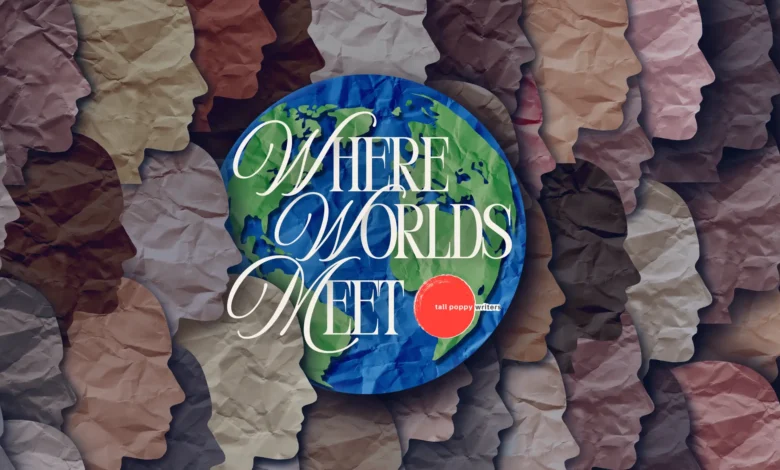
One of the most significant shifts in the post-pandemic publishing environment was a push for more cultural representation fueled by the growing influence of social media voices navigating reader selection. Popular accounts on TikTok and Instagram that focused on book recommendations were often hosted by people representing a diverse range of cultures. This cast a bright new light on authors and novels that went far beyond the traditional New York Times bestseller list. Powerful Black, Asian, Indigenous, and Latine voices rang out, bursting through the traditional offerings produced by professional or well-connected White authors. With tens of thousands of devoted followers and a collective reader count exceeding hundreds of thousands, the new book influencers flexed their authority by insisting readers invest their energy into books that would offer an experience into new worlds and cultures they’d never encounter otherwise.
Having grown up in a multicultural home where both English and Spanish were spoken openly, I quickly embraced this change. However, I had no idea how much it would mean to me until I began to write what would become my debut novel, At The Island’s Edge, a book that proudly touts the island of Puerto Rico as a key character.
Choosing Puerto Rico as a place of refuge was the most natural decision I made in the novel. However, that meant I would need to lean into the realities of life there and delve far beyond the cliches of piña coladas and beach sunsets to something far deeper. For me, that meant highlighting the deep family values that stem from generation upon generation of experiences amid the island’s unique history. It also meant offering depth to the preparation of staple dishes, showing that mealtimes represent so much more than just feeding the family. In Puerto Rico, cooking can be about connection while also passing down the legacy of recipes and cultural traditions. It meant highlighting some of the beautiful aspects of the natural ecosystem and the differences that music, dance, church, and school can mean for a family and their existence on the island.
A talented and experienced multicultural author can place the reader right at the center of new worlds, while still providing enough reference to the familiar so that the reader can understand the context. It also means delving far beyond tacos and tequila for Mexican stories, or samurai and rice paddies for stories set in Japan. It’s not that these things aren’t facets of the culture—they are, but eyes and minds tend to glaze over what they know. A true multicultural story will engage the reader with a wealth of sensory realities about customs and places they aren’t deeply familiar with. Experiences and insights are the intimacies that writers from other cultures bring to the page. They enrich their stories with descriptions and references to ways of life that the reader may never encounter otherwise. Isn’t that what reading fiction is all about? Exploring new worlds? Losing oneself in an existence entirely different from one’s own?
I reached out to some of the market’s best-selling, underrepresented voices, and here’s what they had to say:
In my stories, the Latine culture is woven throughout, naturally. It’s the music the band plays when Luis and Sara dance at sunset in Island Affair. Readers don’t need a glossary or a translator to follow along. They simply need a story that feels genuine and full of heart and hope. – Priscilla Oliveras, USA Today bestselling author who writes stories that stir your heart.
I want more people to know about the history and people of Taiwan, of what the country has gone through in the last century. The stories of the people there are so important and should be the main characters in books, rather than the cliched sidekick. – Lyn Liao Butler, Amazon Bestseller and Taiwanese American Author of thrillers, upmarket fiction, and rom-coms.
Mirror Me is all about identity and belonging, how the absence of the latter compromises the solidity of the former. I am because I belong to this group. For biracial people like me—like my protagonist Eddie, and other characters in the book like Anders, and Lucy—who belong to two or more ethnic “us’s,” there are often hurdles on the journey to wholeness. – Lisa Williamson Rosenberg is a writer, former ballet dancer, and psychotherapist specializing in depression, complex trauma, and racial identity.
If you are interested in touring the world through the eyes and words of multicultural authors, check out the following novels:
Island Affair by Priscilla Oliveras
Island Affair is a sweet but steamy fake relationship romance between a social media influencer who needs a last-minute replacement boyfriend & a big-hearted firefighter desperate for a distraction. The novel has big, complicated family dynamics, breathtaking Key West sunsets, delicious Cuban food, beach frolicking & emotional heart tugs to keep readers turning pages.
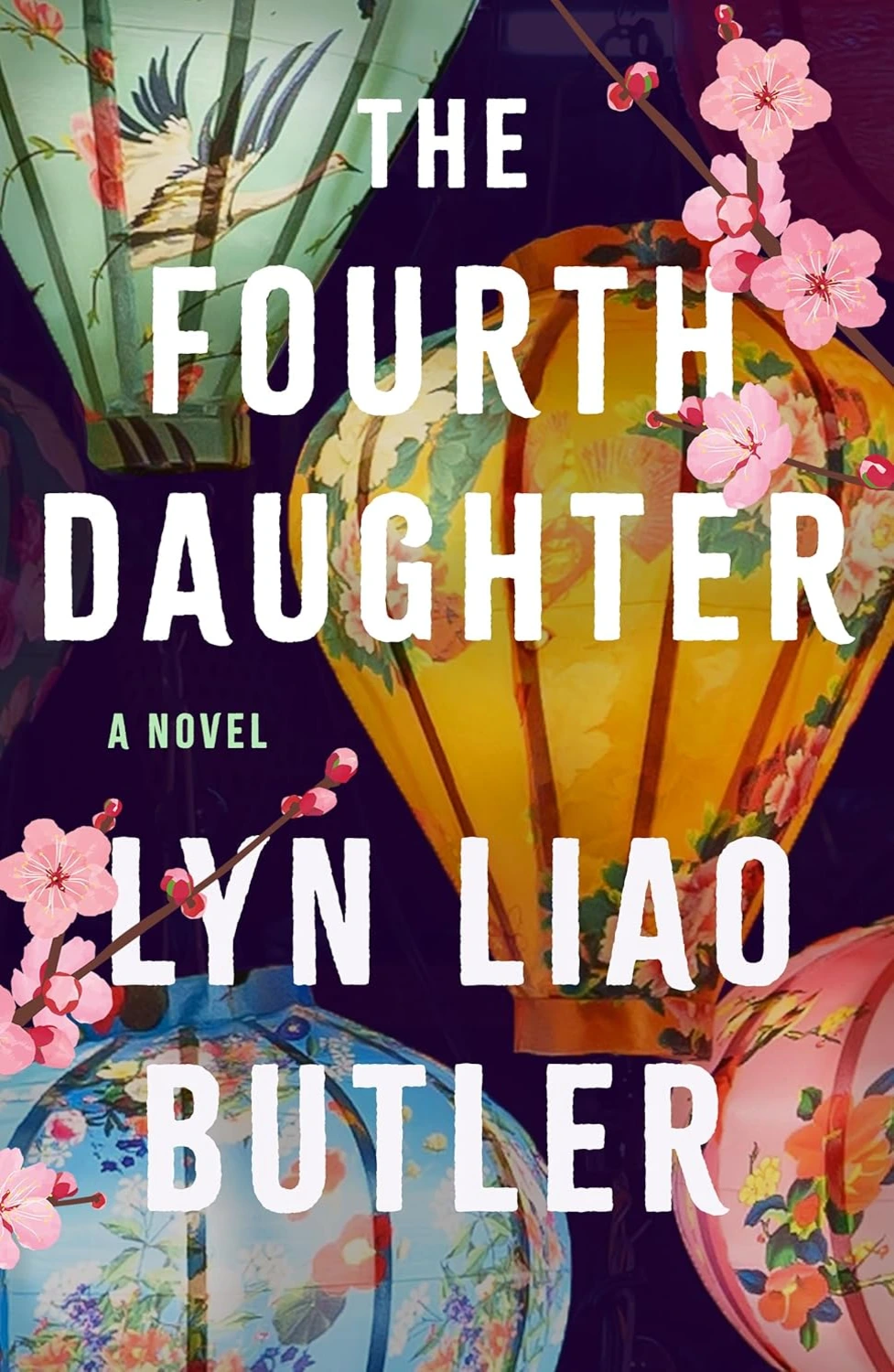
The Fourth Daughter by Lyn Liao Butler
In Taiwan, the bond between grandmother and granddaughter opens up a healing world for them both in an inspiring family saga about the comfort of food, untold histories, and indomitable mother love.
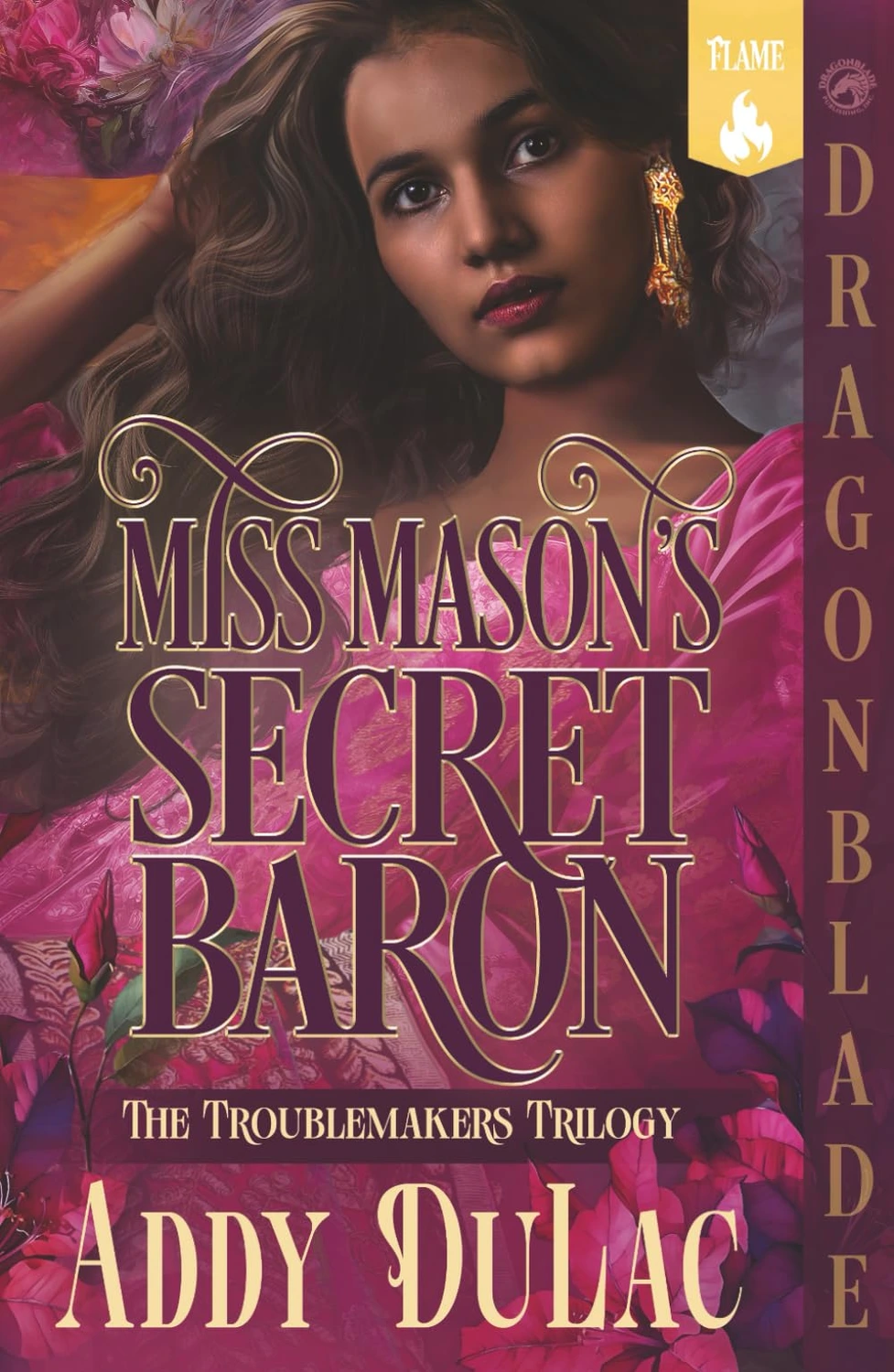
Miss Mason’s Secret Baron by Addy Dulac
As a child, Regina’s father traded her identity for the extraordinary opportunity to make her a Baroness. Now, after four dead fiancés Regina is ready to marry a horse as long as it gets her down the aisle. At the very least, it would distract her from Leo Kingston, the gorgeous, charismatic PI she keeps running into. Every moment in his presence tests her resolve to commit to the marriage designed to protect her mother and sister from the continued slights of the British ton.
A twist of fate is about to offer them everything they want, for a price too deadly to ignore.
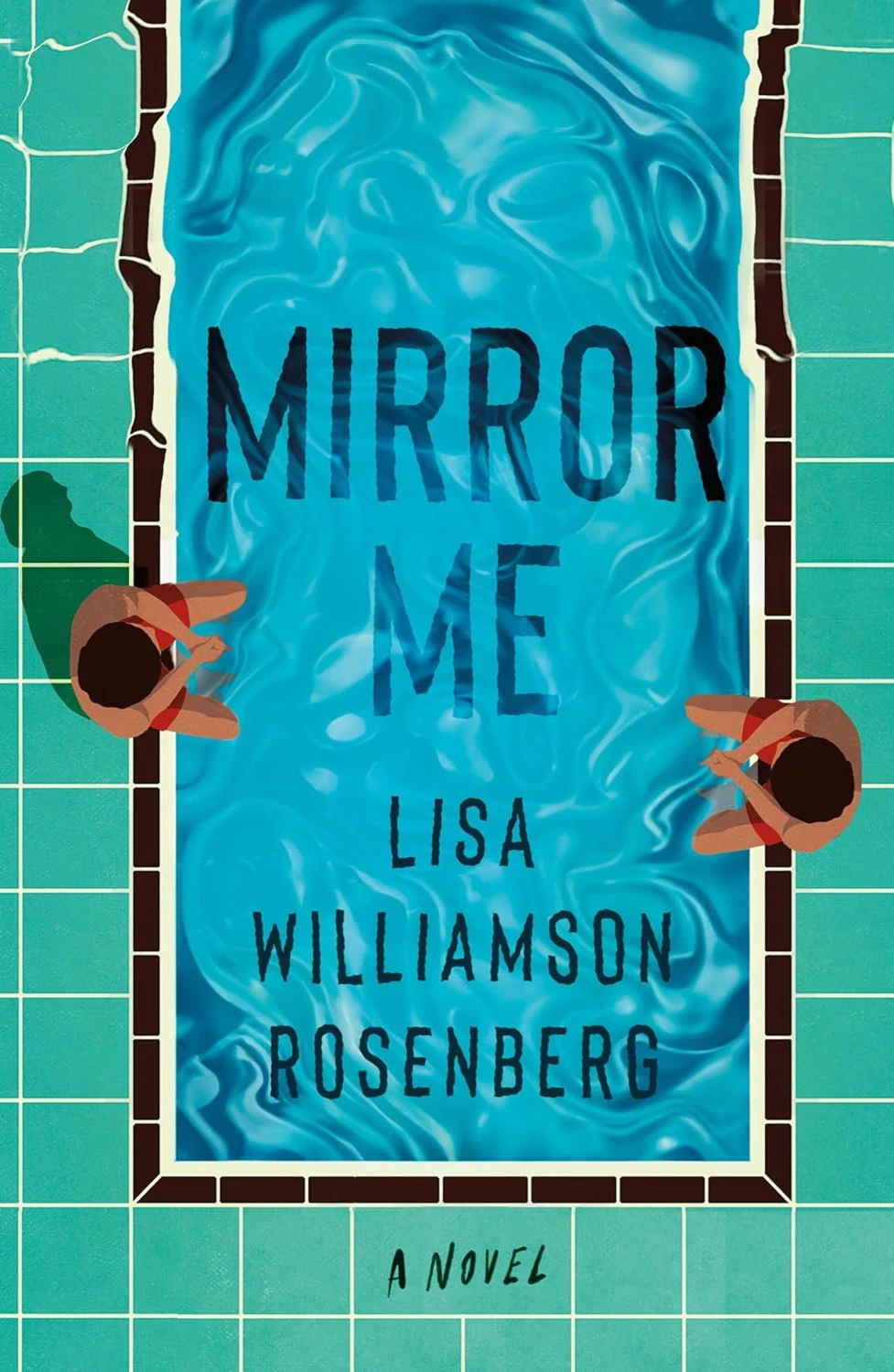
Mirror Me by Lisa Williamson Rosenberg
A psychiatric patient’s desperate search for answers reveals peculiar memories and unexpected connections in a twisty and mind-bending novel of love, family, betrayal, and secrets.
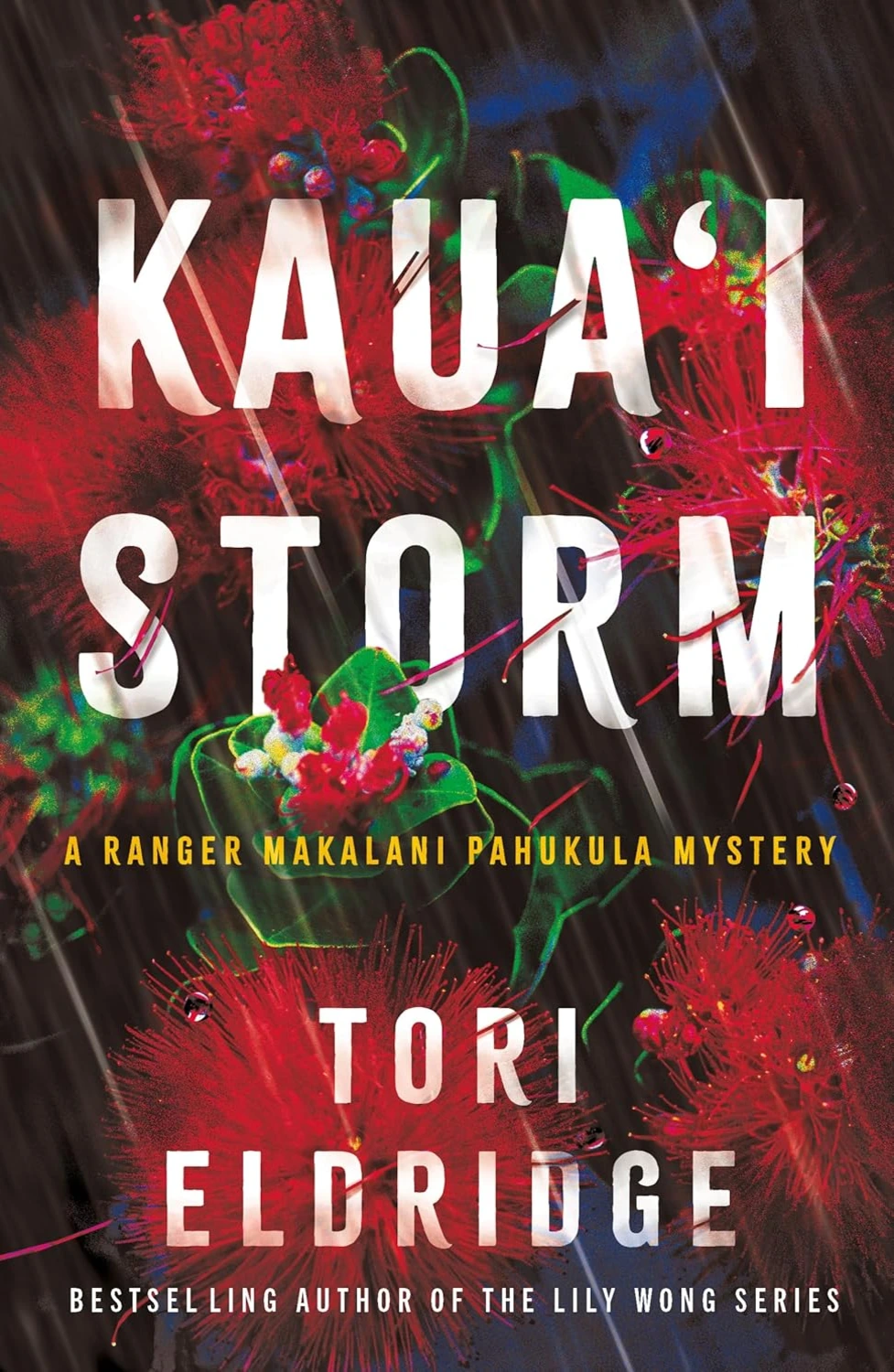
Kaua’i Storm by Tori Eldridge
After ten years as a national park ranger in Oregon, Makalani Pahukula is back on Kaua‘i for her grandmother’s birthday. Makalani finds the disconnect with her people and her struggles have never been more profound. When she reaches the homestead, she finds the disconcerting news that her cousins―a failed college football player and a rebellious teenage girl―have gone missing. But when hunters find a dead body in the Keālia Forest Reserve, the search for her cousins grows more desperate. Although her help may not be welcomed by family and locals, Makalani is determined to solve a mystery that poses a greater risk than anyone imagines.


